LONDON (AP) – A jury sat solemnly in a gilded hall in central London last Tuesday, presided over by a bewigged representative of the crown in flowing black robes, but there were no criminals in the dock.
Britain’s coinage was on trial.
In a ceremony that dates back to the 12th Century, the jury filed into the livery hall of the Worshipful Company of Goldsmiths to begin the process of weighing and measuring hundreds of coins to ensure they meet stringent standards set by regulators.
The tradition – known as the Trial of the Pyx – amounts to a very old type of consumer protection designed to safeguard the nation’s coinage from counterfeiting or other forms of debasement.
“It’s still really important to make sure that the coins the Royal Mint produce are really uniform,’’ said librarian for the Goldsmith’s Company Eleni Bride.
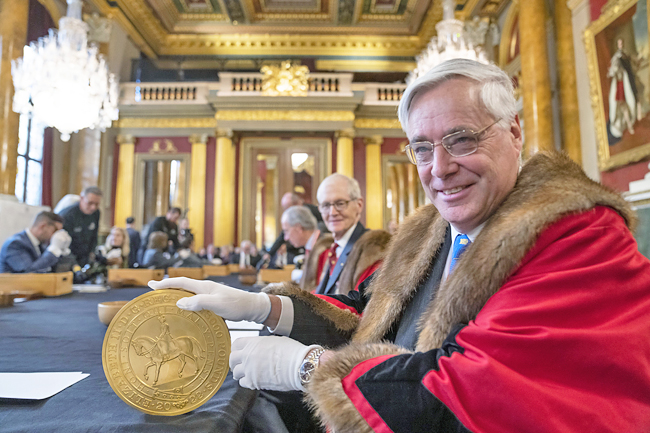
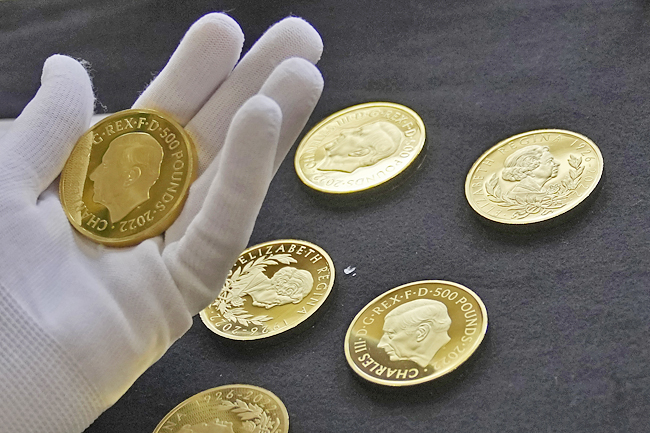
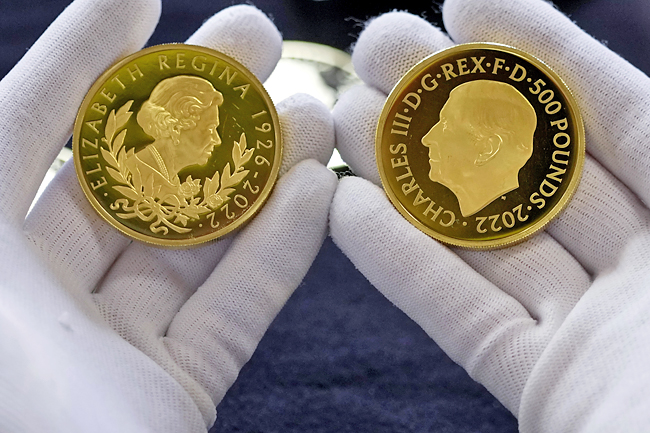
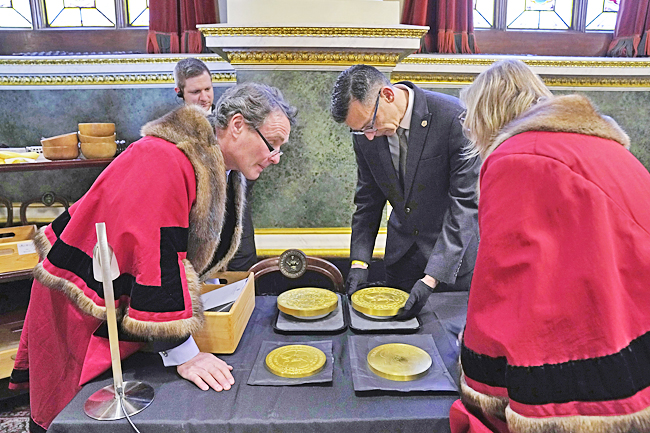
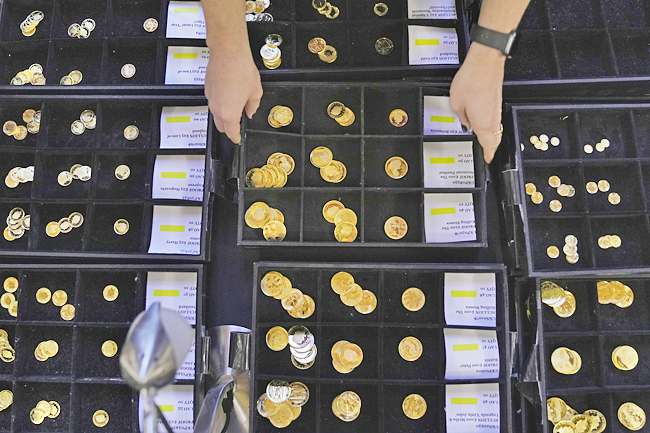
“They are produced to a very high specification. This is to make sure people have confidence in them so you can detect counterfeits easily.”
Like the many old ceremonies that the United Kingdom (UK) continues to observe, the annual assessment of coinage is replete with traditions that link modern Britain to its historic roots.
That starts with its name, which comes from the ancient Greek word “pyxis”, or small box, which was later used in Latin, too.
Coins are collected throughout the year and deposited in so-called Pyx boxes, from which jurors randomly select the coins to be tested.
The coins selected last Tuesday will be weighed, measured, examined for their design and tested for metallic composition over the next three months before the jury reconvenes to give its verdict on whether they meet regulatory standards.
Last year, the trial examined 7,968 coins before delivering a positive verdict to the nation’s Treasury chief, who also serves as master of the mint.
The king’s Remembrancer, created by King Henry II in 1154 and Britain’s oldest judicial post, presides over the trial in a curly, white wig and robes.
The ceremony marked the first time coins bearing the likeness of King Charles III were tested.
A 15-kilogramme gold coin produced to celebrate the late Queen Elizabeth II’s Platinum Jubilee was also among some 10,000 coins submitted for testing.



















































